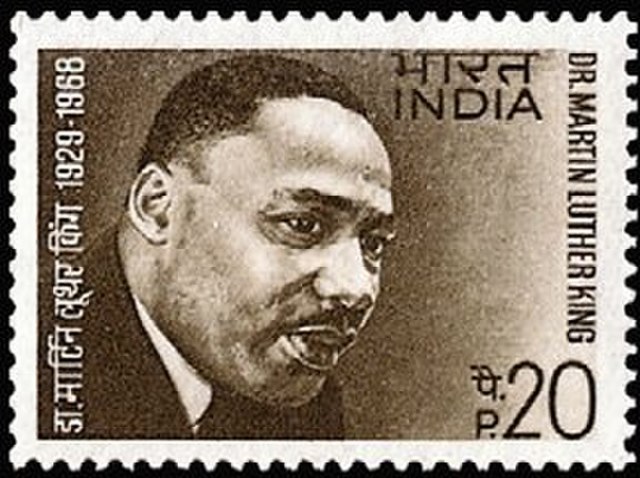Blogs

MLK and the Civil Rights Movement’s Global Perspective
While many may see Black freedom struggles in the United States as a local phenomenon, their global reverberations have always been felt. Demonstrations in the wake of the murder of George Floyd spread among Black and non-Black populations across the world in 2020. Tactics of direct nonviolent action inspired by Martin Luther King Jr. and the civil rights movement continue to this day in other freedom struggles beyond U.S. borders. “Black freedom struggles have always been global,” Shannen Dee Williams, Associate Professor of History at the University of Dayton, reminds us. “The examples are manifold: slave rebellions that spanned and spread across the Americas, the advocacy of Ida B. Wells against lynching in the late 19th century sought foreign intervention, the Universal Negro Improvement Association and Garvyism in the 1920s advocated for Pan-Africanism; many civil rights leaders of the 1950s and 1960s, young and old, sought and made connections with decolonization campaigns in Africa and Asia.”
The civil rights movement took shape within the context of the Cold War and at a time when large swathes of Africa and Asia were undergoing decolonization and freedom movements. These nations watched the development of the movement in the US carefully. In India, particularly, the Dalit (oppressed, broken) community, found inspiration in the message of social justice and the demand for political representation that was the core of the civil rights movement. 'Race and caste are not synonymous, but they influence each other,' notes Dr. Haimanti Roy, Associate Professor of History at the University of Dayton. While much has been said about Gandhi's influence on Martin Luther King, Dr. Roy suggests that King was closer in ideology to the Dalit leader, Dr. B R Ambedkar, even though they did not meet each other. They both had similar ideas about social justice and political empowerment of disenfranchised minority communities.
In fact, when King visited a local school for Dalit children in the southern Indian state of Kerala in 1959, the principal introduced him thus: "Young people, I would like to present to you a fellow untouchable from the United States of America." Although King was initially shocked by this introduction, he later understood the deeper connections of oppression, exclusion and exile that African Americans in the US and Dalits in India shared. The broader Black freedom struggle has continued to inspire Dalit struggles in this region, from the formation of the Dalit Panthers in the 1970s to the recent emergence of Dalit Lives Matter groups in Nepal and India.
The African continent is also connected to the civil rights movement: Julius Amin, Professor of History at the University of Dayton, notes that “Martin Luther King Jr.’s trip to Ghana inspired his sermon ‘Birth of a New Nation.’ He was moved by the Ghanaian people’s struggle against colonialism and by their welcoming spirit. He also later visited Nigeria and had a profoundly impactful experience there as well. King came to understand that colonialism in Africa and segregation in the U.S. were two sides of the same coin.” The influences were clearly reciprocal: “The earliest leaders of decolonized Africa, such as Presidents Kwame Nkrumah of Ghana and Nnamdi Benjamin Azikiwe of Nigeria both attended historically black colleges --Lincoln College and Howard University respectively-- that helped shape their worldview,” Dr. Williams added.
Dr. Amin further commented: “What did King mean to the African people? Look all around. In heavily meaningful gestures, you can find schools, other institutions, and buildings and children named after Martin Luther King Jr. In the living room of many households in African nations, you find the picture of Martin Luther King Jr. next to that of important family members. His enduring legacy can be felt across the continent. This is no small thing.”
Dr. Roy reflected “Struggles for social justice, while informed by local context, are not bounded by territory. Ideas are borderless. The world was paying attention to the Civil Rights Movement in the United States, and it informed activism in many corners of the world.”
Martin Luther King Jr. himself clearly understood this message when he said: “Injustice anywhere is a threat to justice everywhere. We are caught in an inescapable network of mutuality, tied in a single garment of destiny. Whatever affects one directly, affects all indirectly.” Black freedom struggles in the United States have always had global dimensions and a deep impact on others across the world, and it is important to remember, reflect, and learn about this on this MLK Day.
